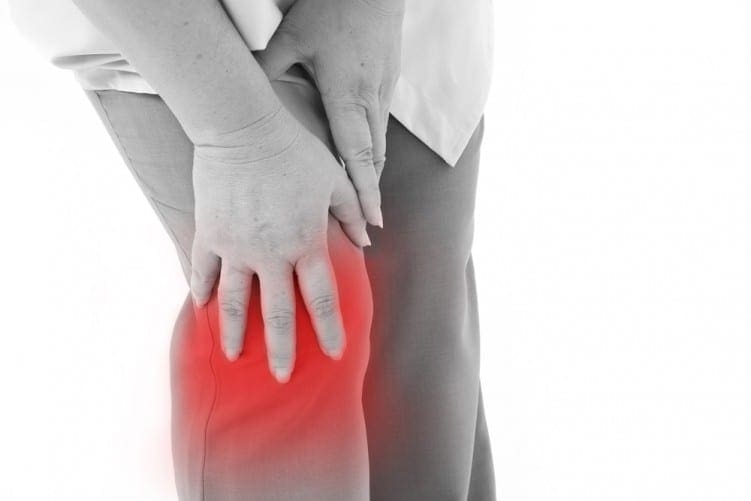Whether you suffer from eczema or have a child or grandchild that does, you will know that it can be a very unpleasant and painful skin condition. It makes the skin incredibly dry and is fairly rife with 1 in 12 adults having it and 1 in 5 children, with some growing out of it as they mature.
Try out these tips to control your eczema
The most common form of eczema is atopic dermatitis and this can be genetic so if your parents had it, you may inherit it too, along with the related complaints of hay fever and asthma. About half of children who suffer from atopic dermatitis will go on to get asthma or hay fever.
You may find that your skin is particularly sensitive to perfumes and certain soaps or shower gels, leaving dry, tight and red scaly patches. In its worst state, eczema can cause skin to crack and bleed and can be incredibly itchy. But do not despair; there are things that you can do to keep it on the back foot.
What makes your eczema worse?
Do certain washing powders irritate your skin or soaps or even pets or foods? The common triggers which bring on an allergy attack can cause some people to break out in an eczema rash. These include bed bugs, dust mites, pollen, certain foods and animal dander. These allergens cause the immune system to go into overdrive triggering skin inflammation.
Stress or emotional situations can also cause your symptoms to flare up. Find out what things cause yours to flare up and try to avoid them. If babies have eczema, it may be worse when they are teething. Try using perfume free or organic products or those labelled hypo-allergenic.
Moisturise your skin – all of the time
When you have eczema, your skin will be crying out for moisture. Apply it often throughout the day and always after bathing; Aqueous Cream is a good product as you can wash with it and leave it on the skin. Try a few and see which suits you best. Your hands may be particularly affected so you can apply cream to them as often as you wish and you should never be without a tube of moisturiser in your bag.
Try not to scratch
It may be driving you mad but scratching will make it far worse. With young children, you may need to cover the affected areas to stop them scratching their rash. I vividly remember sending my one year old to bed with her arms and legs bandaged with cotton to try and prevent her from scratching which would then make the skin bleed.
You can also put cotton mittens on babies and toddlers. Some people take an antihistamine before bed which has a slight sedative effect. It will not help with the eczema at all but may help sufferers to get some rest.
Avoid extremes of temperature
If it is too hot or very cold the skin can dry out even further. Keep in the shade in the sun and cover up in cold conditions; maybe use a dehumidifier in the house rather than turning up the central heating.
Watch what you wear
Loose natural cotton clothing is far better than tight man-made fabrics. Wools and synthetics are really a total no-go area. When you wash clothing, use only washing liquids or powders for sensitive skin and don’t opt for the high fragrance softeners.
Try Corticosteroids
If you have tried the measures above and are still suffering, your GP may prescribe a topical corticosteroid which can reduce the inflammation within a few days. Mild examples include hydrocortisone. A more moderate form of eczema may require such as clobetasone butyrate or if you require a stronger treatment, your GP may prescribe mometasone.
It is important that these treatments are only used for short term relief as long term use can lead to side effects such as thinning skin, stretch marks and infections.
Finally….
Eczema can be a real problem but as you get used to dealing with it and keeping it under control, you should find that it flares up far less and becomes something that you can learn to live with.
If you suffer from eczema or another health condition and would like to receive regular updates on over 50s health issues, please sign up to our free newsletter or follow us on Facebook.











